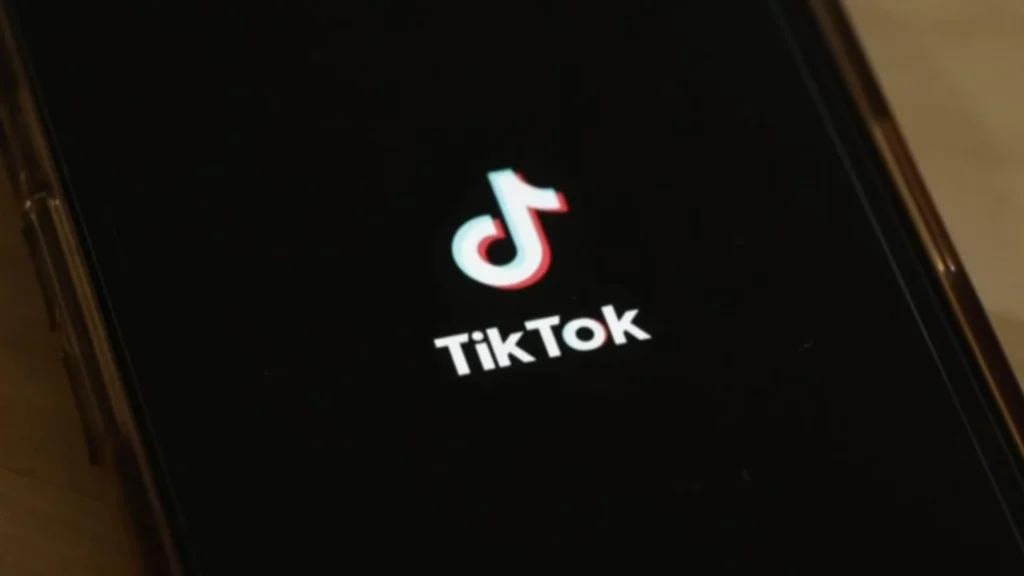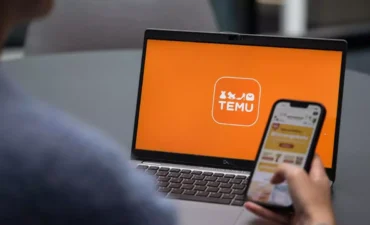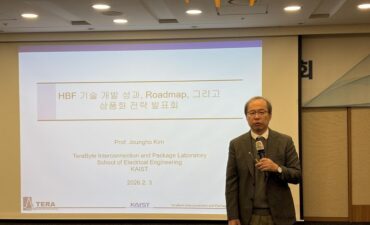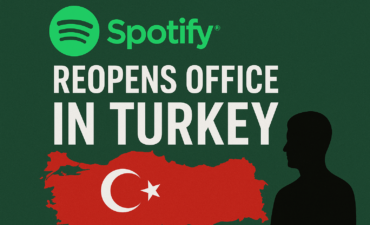This week’s stories are about tech, startup and sustainability, coming from Egypt, Mexico and the USA
1-NASA, IBM unveil AI ‘Digital Twin’ of the sun to improve solar storm forecasting
NASA and IBM have joined forces on a project called Surya, an AI system designed to predict solar storms with greater accuracy and speed.
I read this story at opentools.ai and the initiative uses nine years of data from NASA’s Solar Dynamics Observatory, which has recorded high-resolution images of the Sun every 12 seconds. By training AI models on this vast archive, Surya can simulate the Sun’s activity and forecast solar flares and coronal mass ejections — potentially up to two hours in advance.
Solar storms, triggered by bursts of high-energy particles from the Sun, can disrupt power grids, satellites, GPS systems, and communications networks, according to the story. They also pose radiation risks to astronauts. NASA and IBM say more accurate forecasts could help governments, industries, and space agencies prepare earlier for such disruptions. (By the way I have a story here about and IBM’s female AI leaders)
The Surya model represents about a 16% improvement in prediction accuracy compared with traditional methods, according to IBM researchers, the story noted. The project also embraces an open-source approach: its data and models are publicly available on platforms like GitHub, allowing scientists worldwide to refine and expand on the technology.
Digital “twins” — AI-driven virtual replicas of real-world systems — are increasingly used in fields ranging from aerospace to climate science. In space weather research, NASA and IBM say Surya could become a cornerstone technology, advancing both heliophysics and the protection of critical infrastructure on Earth.
NASA and IBM say Surya could influence not only scientific research but also national security and international policy, as governments seek stronger defenses against solar-driven disruptions, the story emphasized.

NASA, IBM unveil AI ‘Digital Twin’ of the sun to improve solar storm forecasting (Image: IBM)
2-Data centers expand in Mexico, stirring water concerns amid drought
Global tech giants including Microsoft and Amazon are fueling a data center boom in Querétaro, Mexico, even as the state faces its worst drought in a century.
I read this story at bbc.com and the central Mexican state has become the country’s hub for the warehouse-like facilities that power cloud computing and AI. Companies such as Ascenty, ODATA, and Amazon Web Services operate dozens of centers, with more on the way. More than $10 billion in investment is expected over the next decade, according to the story.
Industry leaders say Querétaro’s location, close to Mexico City and connected to high-speed fiber, as well as government support and business-friendly policies. U.S. grid constraints and lower land and energy costs in Mexico are also driving investment south of the border, according to Shaolei Ren, associate professor of electrical and computer engineering at the University of California Riverside.
Let me note that critics warn that the fast-growing industry is straining scarce resources. Data centers require vast amounts of electricity and, in many cases, water to cool servers. Microsoft reported its three centers in Querétaro used 40 million liters of water in fiscal 2025, though it says outdoor air cooling reduces demand most of the year, noted the story.
The expansion raised alarms among residents and activists who say communities are already struggling with water shortages. “Private industries are being prioritized in these arid zones,” said Teresa Roldán, a local activist. “Citizens are not receiving the same quality of water that the industry is receiving.”
Querétaro officials insist that water allocation decisions rest with Mexico’s National Water Commission, not local authorities. “The water is for citizen consumption, not for the industry,” a state government spokesperson said.

Data centers expand in Mexico, stirring water concerns amid drought
3-Egypt detains teen TikTok stars in social media crackdown
Egyptian authorities have detained dozens of teenage TikTok influencers in recent weeks, accusing them of spreading indecent content and laundering money, in what critics call an escalating crackdown on social media.
I saw this story at Reuters and police announced multiple arrests, while prosecutors said they were investigating at least 10 cases tied to unlawful financial gains. Authorities have also imposed travel bans, frozen assets, and seized devices.
Rights advocates say the campaign reflects broader state efforts to police speech in a country where traditional media is tightly controlled. “There is a law that criminalizes indecent acts, but what we need is consistent application and defined rules,” said defense lawyer Marawan al-Gindy.
One of the most prominent detainees is 19-year-old Mariam Ayman, known online as Suzy El Ordonia, who has 9.4 million followers. She was arrested Aug. 2 and charged with posting indecent content and laundering 15 million Egyptian pounds ($300,000). The Interior Ministry said she was detained after complaints about her videos. In her last post, she denied wrongdoing and insisted Egyptians were not jailed for simply appearing on TikTok, according to the story.
Egypt’s 2018 cybercrime law criminalizes violating “family values,” a vague standard that the Egyptian Initiative for Personal Rights says has been used to prosecute at least 151 people in more than 109 cases over five years.
TikTok said in its latest report that it removed nearly 3 million videos from Egypt for violating community guidelines, but declined to comment on the arrests, the story added.
Despite limited earnings compared to U.S. influencers, TikTok content can provide significant income in Egypt, said social media adviser Ramy Abdel Aziz. Financial analyst Tamer Abdul Aziz argued that if authorities were concerned about illegal money flows, they should investigate companies rather than content creators.

Egypt detains teen TikTok stars in social media crackdown









